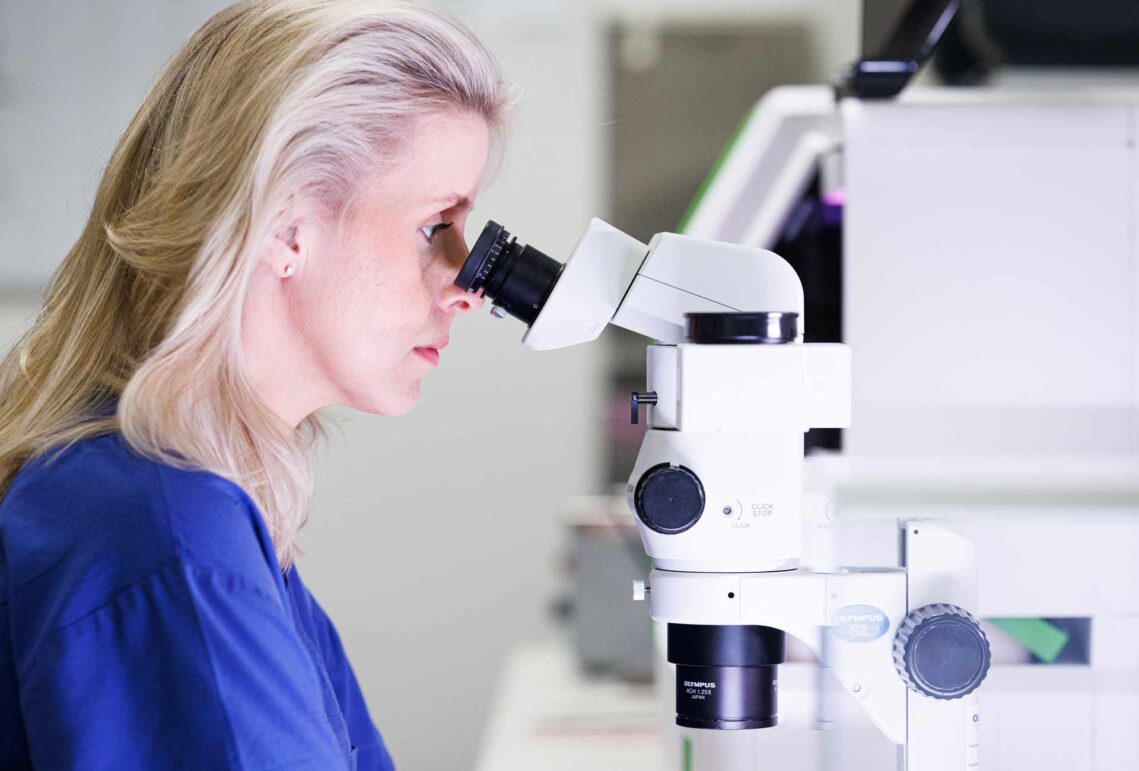[vc_row full_width=”stretch_row” desktop_height=”1000px” pofo_enable_responsive_css=”1″ css=”.vc_custom_1678662080866{background-image: url(https://drdaniellerobson.com.au/wp-content/uploads/2023/03/DR_Menopause_0323.jpg?id=22341) !important;background-position: center !important;background-repeat: no-repeat !important;background-size: cover !important;}” responsive_css=”height_mobile:600px”][vc_column width=”1/2″ css=”.vc_custom_1678661133526{padding-top: 35% !important;}”][pofo_section_heading pofo_heading_type=”heading-style2″ heading_preview_image=”heading-style2″ pofo_title_font_weight=”400″ pofo_title_element_tag=”h5″ pofo_title_enable_responsive_font=”1″ desktop_width=”60%” pofo_title_color=”#000000″ pofo_heading=”Reproductive Endocrinology – care through all of life’s” pofo_title_responsive_settings=””][pofo_section_heading pofo_heading_type=”heading-style2″ heading_preview_image=”heading-style2″ desktop_display=”display-block” pofo_title_font_weight=”400″ pofo_title_enable_responsive_font=”1″ pofo_title_font_size=”110px” pofo_title_line_height=”116px” pofo_title_color=”#ffffff” pofo_heading=”stages”][vc_empty_space][vc_column_text desktop_width=”60%” pofo_text_color=”#003cff”]I practice a ‘lifespan’ model of care. Whether it’s early reproductive health challenges, contraception, fertility, or menopause, I’m here to offer expert guidance and support in reproductive endocrinology.[/vc_column_text][vc_empty_space][pofo_button pofo_button_style=”style7″ pofo_button_preview_image=”style7″ pofo_button_type=”large” pofo_button_text=”url:https%3A%2F%2Fdrdaniellerobson.com.au%2Fcontact-form%2F|title:Get%20in%20touch” pofo_button_border_color=”#00c3ff” pofo_button_hover_bg_color=”rgba(255,255,255,0.01)” pofo_button_hover_text_color=”#00c3ff” css=”.vc_custom_1692154430480{background-color: #00c3ff !important;}” pofo_button_text_color=”#ffffff”][vc_empty_space][/vc_column][vc_column width=”1/2″][/vc_column][/vc_row][vc_row full_width=”stretch_row” css=”.vc_custom_1678839020372{background-image: url(https://drdaniellerobson.com.au/wp-content/uploads/2023/03/DR_Transition_Colour_Large_1920x1300.svg?id=22293) !important;background-position: center !important;background-repeat: no-repeat !important;background-size: cover !important;}”][vc_column width=”1/2″][pofo_section_heading pofo_heading_type=”heading-style2″ heading_preview_image=”heading-style2″ pofo_title_font_weight=”400″ pofo_title_element_tag=”h6″ pofo_heading=”I bet you’re wondering” pofo_title_color=”#ffffff”][pofo_section_heading pofo_heading_type=”heading-style2″ heading_preview_image=”heading-style2″ pofo_title_font_weight=”400″ pofo_title_element_tag=”h2″ pofo_heading=”So what is reproductive” css=”.vc_custom_1678668721242{padding-right: 1% !important;}” pofo_title_line_height=”76px”][pofo_section_heading pofo_heading_type=”heading-style2″ heading_preview_image=”heading-style2″ pofo_title_font_weight=”400″ pofo_title_element_tag=”h2″ pofo_heading=”endocrinology?” css=”.vc_custom_1678838662254{padding-right: 1% !important;}” pofo_title_color=”#ffffff”][/vc_column][vc_column width=”1/2″][pofo_section_heading pofo_heading_type=”heading-style2″ heading_preview_image=”heading-style2″ pofo_title_font_weight=”400″ desktop_width=”85%” pofo_heading=”Reproductive endocrinology is a medical subspecialty that focuses on the hormonal functioning of reproductive organs and systems in men and women.” pofo_title_font_size=”18px” pofo_title_line_height=”24px” pofo_title_color=”#212121″][vc_empty_space][vc_column_text]It involves the study and treatment of conditions related to fertility, menstruation, menopause, and endocrine disorders that affect the reproductive system. Reproductive endocrinologists are specialists who utilize various hormonal therapies, medication, surgery, and assisted reproductive technologies like in vitro fertilization (IVF) to diagnose and treat infertility and other reproductive problems in both male and female patients.[/vc_column_text][/vc_column][/vc_row][vc_row][vc_column width=”1/3″][vc_single_image image=”22275″][vc_empty_space][pofo_section_heading pofo_heading_type=”heading-style2″ heading_preview_image=”heading-style2″ pofo_title_font_weight=”400″ pofo_title_element_tag=”h6″ pofo_heading=”Menopause Management.”][vc_column_text]Menopause management refers to the various approaches and strategies used to manage the symptoms and health risks associated with menopause. Menopause is a natural biological process that occurs in women when they stop menstruating, and it typically happens in their late 40s or early 50s. Some of the common symptoms of menopause include hot flashes, night sweats, vaginal dryness, mood swings, and sleep disturbances.[/vc_column_text][pofo_accordion pofo_accordion_style=”accordion-style1″ accordion_preview_image=”accordion-style1″ pofo_accordion=”%5B%7B%22pofo_accordion_title%22%3A%22Read%20more%22%2C%22pofo_content%22%3A%22Menopause%20management%20may%20involve%20lifestyle%20changes%2C%20such%20as%20exercising%20regularly%2C%20eating%20a%20balanced%20diet%2C%20and%20avoiding%20smoking%20and%20alcohol.%20Medical%20treatments%2C%20including%20hormone%20therapy%2C%20antidepressants%2C%20and%20other%20medications%2C%20may%20also%20be%20used%20to%20manage%20the%20symptoms%20of%20menopause.%20Overall%2C%20menopause%20management%20aims%20to%20help%20women%20maintain%20their%20quality%20of%20life%20and%20reduce%20their%20risk%20of%20developing%20health%20problems%2C%20such%20as%20osteoporosis%2C%20heart%20disease%2C%20and%20dementia.%22%7D%5D”][/vc_column][vc_column width=”1/3″][vc_single_image image=”22277″][vc_empty_space][pofo_section_heading pofo_heading_type=”heading-style2″ heading_preview_image=”heading-style2″ pofo_title_font_weight=”400″ pofo_title_element_tag=”h6″ pofo_heading=”Contraception.”][vc_column_text]Fertility specialists like me can help with contraception in several ways. I provide education and counseling on different contraceptive options, including hormonal methods, barrier methods, and long-acting reversible contraceptives (LARCs). I can also help individuals and couples make informed decisions about which method of contraception is best for them based on their medical history, lifestyle, and preferences. Additionally, if a person is experiencing side effects or complications from their current contraceptive method, a fertility specialist can assist in adjusting or changing their method.[/vc_column_text][/vc_column][vc_column width=”1/3″][vc_single_image image=”22281″][vc_empty_space][pofo_section_heading pofo_heading_type=”heading-style2″ heading_preview_image=”heading-style2″ pofo_title_font_weight=”400″ pofo_title_element_tag=”h6″ pofo_heading=”Hormonal disorders.”][vc_column_text]Hormonal disorders refer to health conditions that result from imbalances or abnormalities in the body’s hormonal system. Hormones are chemical messengers that regulate vital processes in the body, including growth and development, metabolism, mood, and reproduction. Hormonal disorders can affect fertility in several ways:[/vc_column_text][pofo_accordion pofo_accordion_style=”accordion-style1″ accordion_preview_image=”accordion-style1″ pofo_accordion=”%5B%7B%22pofo_accordion_title%22%3A%22Read%20more%22%2C%22pofo_content%22%3A%221.%20Hormonal%20imbalances%20can%20cause%20irregular%20or%20absent%20ovulation%2C%20which%20can%20make%20it%20difficult%20to%20conceive.%5Cn%5Cn2.%20Hormones%20play%20a%20crucial%20role%20in%20the%20development%20of%20follicles%20(small%20sacs%20containing%20eggs)%20in%20the%20ovaries.%20Any%20disruption%20in%20hormone%20levels%20can%20lead%20to%20improper%20development%20of%20follicles%20and%20hinder%20fertilization.%5Cn%5Cn3.%20Hormones%20control%20the%20receptivity%20of%20the%20uterus%20to%20implantation%20of%20the%20fertilized%20egg.%20Hormonal%20imbalances%20can%20affect%20the%20endometrial%20lining%20and%20prevent%20successful%20implantation%2C%20leading%20to%20infertility.%5Cn%5Cn4.%20Hormonal%20imbalances%20can%20also%20affect%20sperm%20production%20in%20men%2C%20leading%20to%20low%20sperm%20counts%2C%20poor%20quality%2C%20or%20abnormal%20function.%5Cn%5CnSome%20common%20hormonal%20disorders%20that%20can%20affect%20fertility%20include%20polycystic%20ovary%20syndrome%20(PCOS)%2C%20thyroid%20imbalances%2C%20premature%20ovarian%20failure%2C%20hyperprolactinemia%2C%20and%20adrenal%20gland%20disorders.%20Treatment%20for%20hormonal%20disorders%20may%20involve%20medication%2C%20lifestyle%20changes%2C%20or%20assisted%20reproductive%20technologies%20like%20in%20vitro%20fertilization%20(IVF).%22%7D%5D”][/vc_column][/vc_row][vc_row css=”.vc_custom_1720927623711{background-position: center !important;background-repeat: no-repeat !important;background-size: contain !important;}”][vc_column width=”1/1″][vc_cta h2=”Ready to take the next step?” h4=”Book now” h4_font_container=”tag:h4|text_align:left|color:%23ffffff” h4_use_theme_fonts=”yes” color=”white” add_button=”bottom” btn_title=”Book now” btn_color=”white” css=”.vc_custom_1720928009701{background: #00f4ff url(https://drdaniellerobson.com.au/wp-content/uploads/2023/03/DR_Transition_Colour_Large_1920x1300.svg?id=22293) !important;background-position: center !important;background-repeat: no-repeat !important;background-size: cover !important;}” use_custom_fonts_h4=”true” btn_link=”url:https%3A%2F%2Fdrdaniellerobson.com.au%2Fcontact-form%2F|title:Booking%20form”]Call us on 1300 330 279 to book or fill in the form with your preferred time
and location for your booking, and we will be in touch with appointment availabilities.[/vc_cta][/vc_column][/vc_row]
Reproductive Endocrinology
